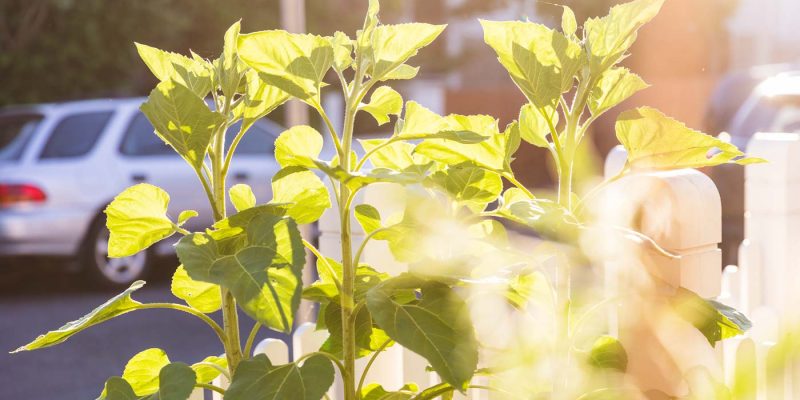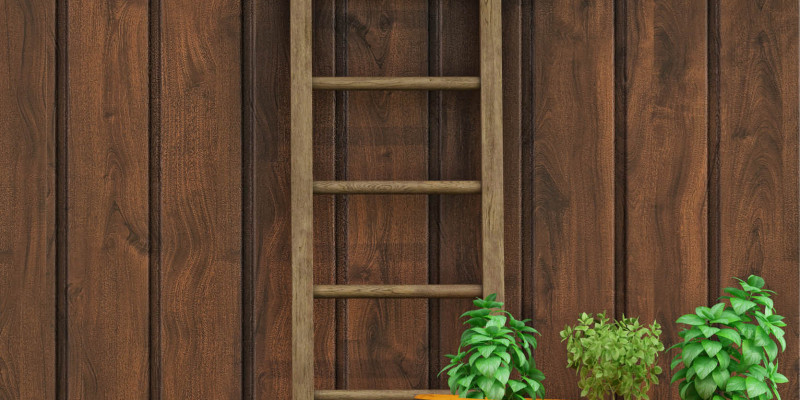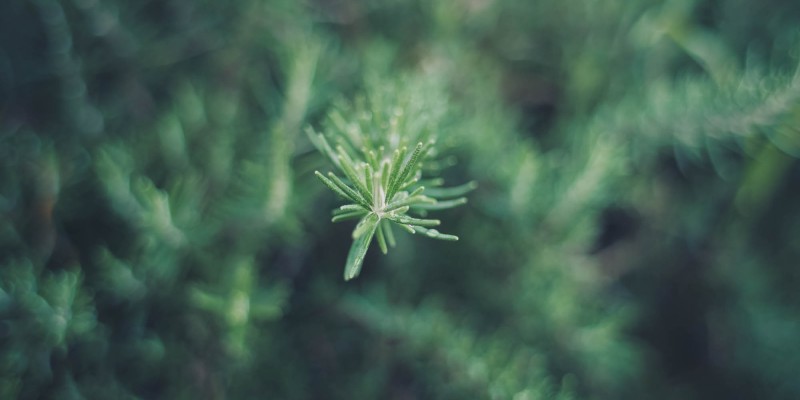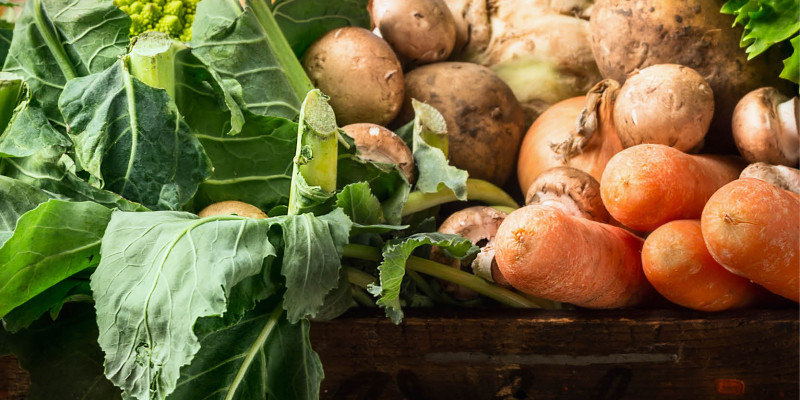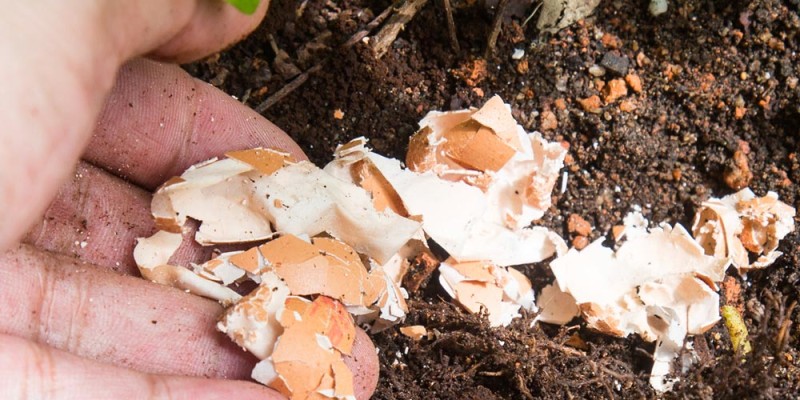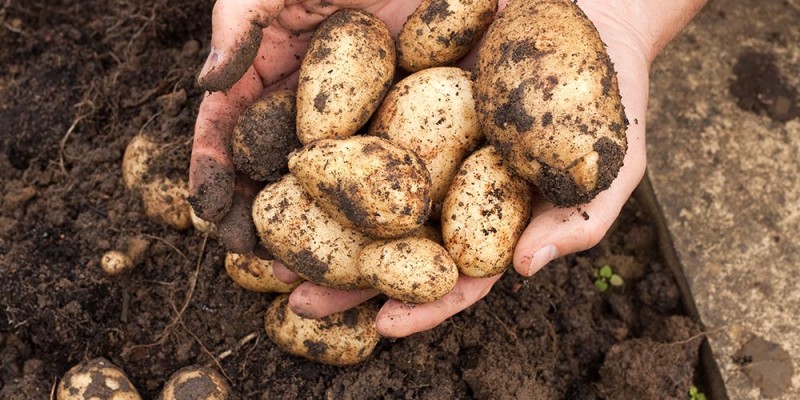As many of you know I love to experiment in my garden and today I wanted to share with you the garden practice I do not use anymore.
This video is sponsored by Earth Apples more on our sponsor later.
It may surprise you that I do not recommend mulching… well in some cases.
Mulching is the practice of adding organic material on top of soil and allowing it to break down slowly over time helping to build soil structure, retaining water, supressing weeds and releasing nutrients into the soil.
With that said, I have learned over the years there are some cases where mulching does more harm than good.
Mulching Under Grapes
As some of you know, I have a special place in my heart for the grapes I grow in my Zone 3 garden. Back in 2013, my parents brought back two grape vines. One from each of my grandfathers.
Grapes such as mine are prone to leaf hoppers that damage the leaves. For years, I fought with them in an effort to keep my heirloom grapes happy and healthy. Following some excellent advice on the Alberta Urban Garden Facebook page, I removed all of the mulch under the plants.
As it turns out, I was creating a perfect hiding and over wintering spot for them by mulching under the plants. Once I removed the mulch, it became much easier to manage them.
This change in practice had a side benefit of reducing the amount of nutrients in the soil. This has resulted in the grapes doing much better and focusing far less on vegetative growth and more so on producing fruit.
Mulching under mature fruit trees
The second mulching practice I some what abandoned mulching is under my established fruit trees. Newer trees benefit from mulch because it keeps moisture near the limited root system. Once the fruit tree has been had, time to become established such as my Pauls Pear the limited mulch is not providing the same amount of benefit.
In addition running over mulch with a lawnmower is not as fun as it sounds.
Pest Management
As you are all aware, many crops are susceptible to pests such as slugs. I do not like to actively manage pests in my garden rather I try to create an ecosystem that will balance these issues out themselves. I stopped mulching my main garden beds as a means to reduce the cover near the slugs’ favourite treats and as help, the neighbourhood predators like birds and toads find their snacks and keep everything nice and happy.
Decomposing material can also have a negative effect on seed germination.
Another plant I do not use mulch on anymore are potatoes such as the ones that our sponsor Earth Apples has available on their website in the description below. Adding mulch provides a great hiding spot for pests such as potato beetles and can introduce the bacterium that causes scabs.
Where do I mulch
With all of this said I still use mulch in my garden. Mulch is still a great way to protect and feed some perennials such as horseradish and asparagus. These crops do not seem to have many pests in my garden and this is the only way I add nutrients to their beds.
I have also taken to mulching the paths of the garden to help reduce weeds and continue to improve overall water retention in the garden area and it serves as a convenient place to gain value from the sawdust and cuttings I make in my woodworking shop.
Replacing the value of mulching
So how do replace the value of mulching including retaining water and adding nutrients to my garden? It is quite simple I work to build healthy soil through trench composting in place. When I have excess soil from trenching I use it to top dress my grape beds to help keep them healthy for years to come.
If you liked this video, make sure to hit the like, subscribe buttons, and turn the bell notification to be notified when I upload a new video.
